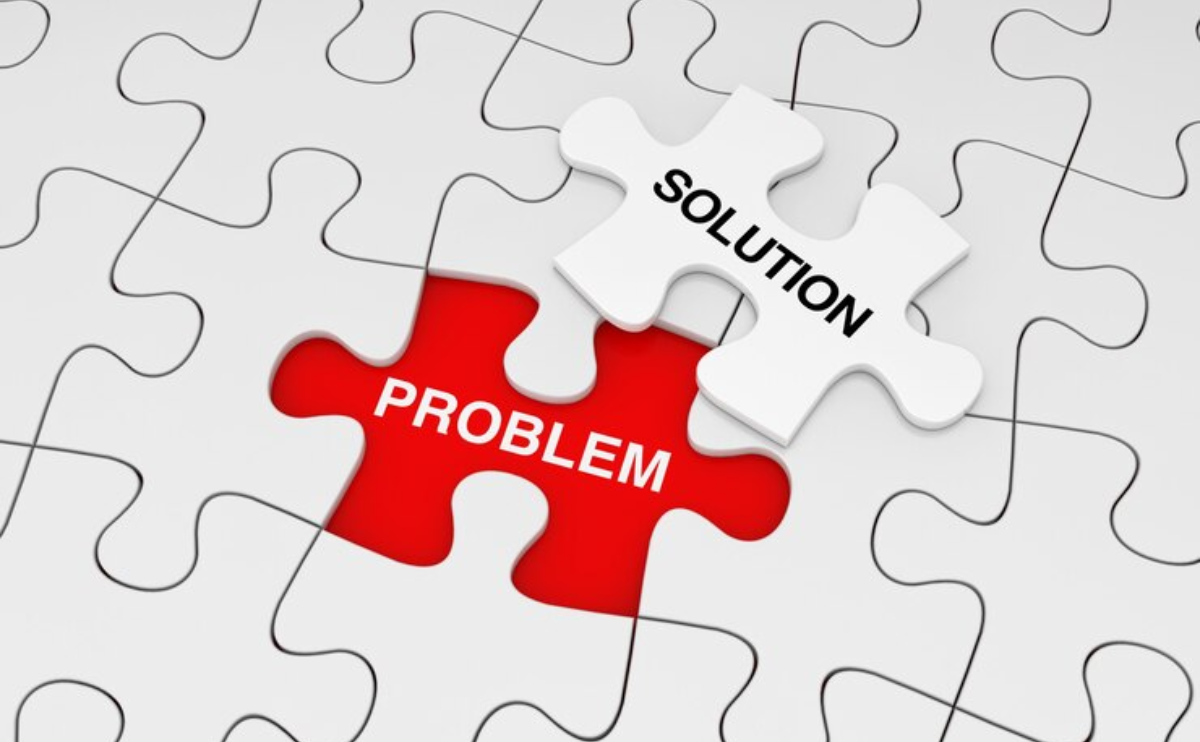Blog
Essential Skills to Unlock True Personality Potential

There comes a point in life when success, recognition, or even stability no longer feels enough. You start seeking something deeper growth that touches not just your external life but also your internal world. That’s when personality development becomes more than a concept. It becomes a personal commitment.
Unlocking your potential isn’t about chasing perfection. It’s about cultivating a deeper understanding of who you are, what you value, and how you show up in the world. True personality development is not a makeover. It’s an unfolding a conscious shedding of limitations and an emergence of your real self.
This kind of growth isn’t taught in classrooms. It’s learned in quiet moments, tough conversations, and honest reflections. And the good news? It’s accessible to anyone who’s willing to be intentional.
Why Personality Development Matters
Your personality is the lens through which you experience and respond to the world. It influences how you communicate, how you handle challenges, and how you connect with others. While parts of your personality may be shaped by early life, a large portion is completely within your influence.
Contrary to popular belief, personality is not fixed. It evolves. With the right mindset and consistent effort, you can become more confident, empathetic, emotionally intelligent, and resilient. That’s the essence of self transformation not becoming someone else, but becoming more of your best self.
5 Core Skills to Unlock Your Potential
If you’re looking to grow in a grounded, lasting way, here are five essential skills that form the foundation of meaningful personality development:
1. Self-Awareness
All growth starts with awareness. You can’t change what you don’t recognize. Self-awareness means understanding your thoughts, emotions, behaviors, and the impact they have. It’s not about judgment—it’s about clarity. Journaling, mindful reflection, or simply observing your reactions can help sharpen this skill over time.
2. Emotional Regulation
Emotions aren’t the problem—it’s our reactivity that often gets in the way. Learning how to respond instead of react helps you stay composed, especially under pressure. Breathing techniques, taking pauses before responding, and naming your emotions (rather than being swept away by them) are great starting points.
3. Authentic Communication
Being articulate is one thing. Being real is another. Authentic communication means expressing your truth with clarity, respect, and openness. It also means learning how to listen not just to reply, but to understand. This skill alone can transform relationships and build lasting trust.
4. Growth-Oriented Thinking
Fixed mindsets keep you stuck. A growth mindset opens doors. This involves shifting from “I can’t” to “I can learn.” Every setback becomes feedback. Every challenge becomes a classroom. The more you practice this perspective, the more confident and adaptable you become.
5. Purpose-Driven Living
When your actions are aligned with a deeper purpose, your personality begins to reflect integrity, passion, and resilience. You don’t just go through life—you grow through it. Take time to define what matters to you, and let those values guide your choices.
These core skills aren’t just traits—they’re practices. They get stronger the more you use them. And together, they create a stable foundation for long-term development.
The Role of Environment in Personal Growth
While inner work is vital, your environment also plays a big role. Who you spend time with, the content you consume, the spaces you occupy all these shape your mindset.
That’s why so many people turn to personal development blogs for guidance and inspiration. These blogs act as modern-day mentors—offering tools, insights, and stories that remind us we’re not alone on this journey. They provide structure in a world that often feels chaotic and noisy.
The key is to find content that encourages depth—not just surface-level advice. Look for voices that speak to both the mind and the soul. Ones that remind you growth is personal, nonlinear, and always worth it.
Personality Development Is a Process, Not a Project
It’s tempting to view personality development like a checklist—fix this, improve that, move on. But the truth is, it’s more like a garden. It requires regular care, patience, and space to bloom. Some days, you’ll feel like you’ve made huge strides. Other days, you’ll feel stuck. Both are normal.
What matters most is that you keep showing up. With honesty. With curiosity. With self-compassion.
Because unlocking your potential doesn’t happen overnight. It happens every time you choose to grow instead of stay stuck. Every time you act with kindness, face a fear, speak your truth, or learn something new—you take another step forward.
From Knowing to Becoming
Many people understand these concepts intellectually. But real change happens when knowledge becomes lived experience. Reading about confidence isn’t the same as standing up for yourself. Knowing about emotional intelligence isn’t the same as staying calm in conflict.
Practice transforms theory into character. That’s where real personality development takes root not in what you know, but in who you choose to be.
So start small. Choose one area you’d like to grow in. Commit to it for the next week. Reflect. Adjust. Repeat.
That’s how transformation happens. Quietly. Consistently. From the inside out.
Final Thoughts: You Are Already Enough
It’s important to remember that personality development isn’t about becoming “better” so you can be accepted. It’s about uncovering what’s already true and powerful within you. You’re not broken. You’re unfolding.
Let growth be an act of self-love, not self-criticism. Let it be rooted in curiosity, not comparison. And remember who you are becoming is shaped by the choices you make today.
So take a breath. Choose one skill. Begin where you are. And know this: your potential is not something you chase it’s something you awaken.
Related Posts
Morning Magic: Gateway to Peace and Inner Clarity
-
Posted by
 The Power Withinn
The Power Withinn
- 0 comments
Divine Frequencies: Music as a Spiritual Gateway
-
Posted by
 The Power Withinn
The Power Withinn
- 0 comments
No Steps to Follow, Just the Freedom to Feel
-
Posted by
 The Power Withinn
The Power Withinn
- 0 comments
The Joy of Dying: Osho’s Radical View on Death and Life
-
Posted by
 The Power Withinn
The Power Withinn
- 0 comments
Speak Freely: From Quiet to Confident in Simple Steps
-
Posted by
 The Power Withinn
The Power Withinn
- 0 comments
Enhance Your Personality with Proven Confidence Skills
-
Posted by
 The Power Withinn
The Power Withinn
- 0 comments
Discover the Real You: Build Strength from Within
-
Posted by
 The Power Withinn
The Power Withinn
- 0 comments
Your Brand, Your Power: Present the Best Version of You
-
Posted by
 The Power Withinn
The Power Withinn
- 0 comments
Shape a Bold Personality Through Problem-Solving Skills
-
Posted by
 The Power Withinn
The Power Withinn
- 0 comments
Learn Digital Marketing: A Key to Growth Seekers
-
Posted by
 The Power Withinn
The Power Withinn
- 0 comments
Digital marketing: The modern tool for self made success
-
Posted by
 The Power Withinn
The Power Withinn
- 0 comments
The Inner Revolution: Gratitude as a Way of Being
-
Posted by
 The Power Withinn
The Power Withinn
- 0 comments











